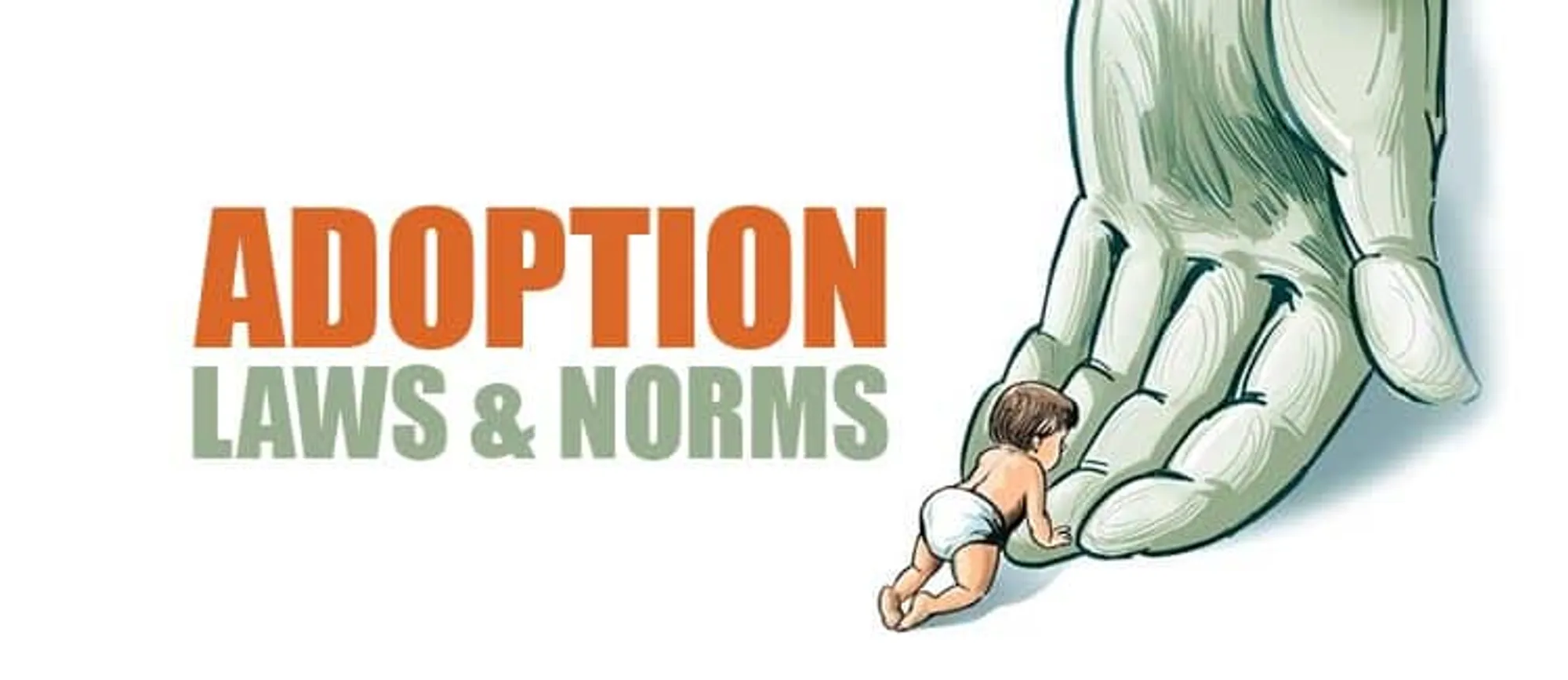Table of Contents
What does Adoption mean?
- Adoption is a legal process of establishing a parent-child relationship between two individuals who are not related by birth.
- On the one hand enables a childless parent to have a kid of their own and on the other an orphan child or a kid whose biological parents can’t raise him/her get to have parents, a home, a good life, and a family’s name.
Acts that Governs the adoption of children in India:
- The Hindu Adoption and Maintenance Act of 1956
- The Guardians and Wards Act of 1890
- The Juvenile Justice (Care and Protection) Act of 2000, amended in 2006
Who is eligible to adopt a child in India?
The Indian citizens, Non-Resident Indians, and Non-Indians residing outside India can adopt a child from India although a different set of rules are relevant for each of the category of adopting parents.
The Indian citizens residing in India are given priority during the adoption process. For the NRIs, the adoption procedure also depends on rules and regulations and immigration laws of the countries in which they reside.
What role does age play in Adoption Process?
An adoptive mother who wishes to adopt a child should be at least 21 years old. Although the maximum age limit for the single parent or the couple depends on the age of the child who is up for adoption, a single parent aged 55 years or more cannot adopt a child and couple whose cumulative age is more than 110 years.
For example, for a one-year-old child, the total age of the adoptive parent should not exceed 90 years, and neither parent should be older than 45 years.
Eligibility Norms for Parents
The eligibility norms for prospective adoptive parents are as follows –
- The prospective adoptive parents should be mentally, physically, and emotionally stable and not have any life-threatening medical condition.
- The potential adoptive couple should at least have two years of stable marital relationship.
- Whether the prospective adoptive parent is married or not or they have biological son or daughter they are eligible to adopt a child.
- A single woman is eligible to adopt any child, and there should be a minimum age difference of 21 years between the single mother, and the adoptive child if they’re of opposite sexes.
- A single male cannot adopt a girl child i.e. he can only adopt a male kid.
- As a couple, the adoptive parents are required to have each other’s consent to adopt a child.
Legal Aspects of Adoption
The couple or single parent looking for adopting a child should be aware of legality involved in the process. The prospective parent cannot adopt a kid directly from maternity homes, hospitals or nursing homes.
There are Specialised Adoption Agencies (SAAs) that are recognized by the government where one can register for adoption.
One of the government approved authorities is CARA, i.e., Central Adoption Resource Authority. It is a Central Designated Authority of Government responsible for facilitating adoption as per the guidelines.
The adoptive parent can register under CARA which helps in tracking the application status and searching for agencies from any state in India on the website.
Process of Adoption
- After registering under CARA, the prospective parents have to upload some documents within 30 days of the online registration, or the registration gets cancelled.
- The documents required to be uploaded as follows:
- Passport/PAN Card
- Residential Proof
- Proof of income
- Marriage Certificate copy
- Birth certificates of adoptive parents
- Medical Certificate for parent’s fitness
- A guardian should be appointed if the prospective parent is single in the case of some mishap.
- Once the documents are uploaded, the parents have to contact concerned SAA so that they can conduct Home Study Report (HSR) assess their capability of taking care of the adopted kid. A professional Social Worker does the process.
- After the HSR is done, the parents are placed on agency’s wait list.
- The waiting period depends on the agency’s existing list and the number of children cleared for the process.
- In the end, the parents select a child and take him under foster care system i.e. till the deed is finalized.
- The process is legally final when the court issues the adoption deed.

